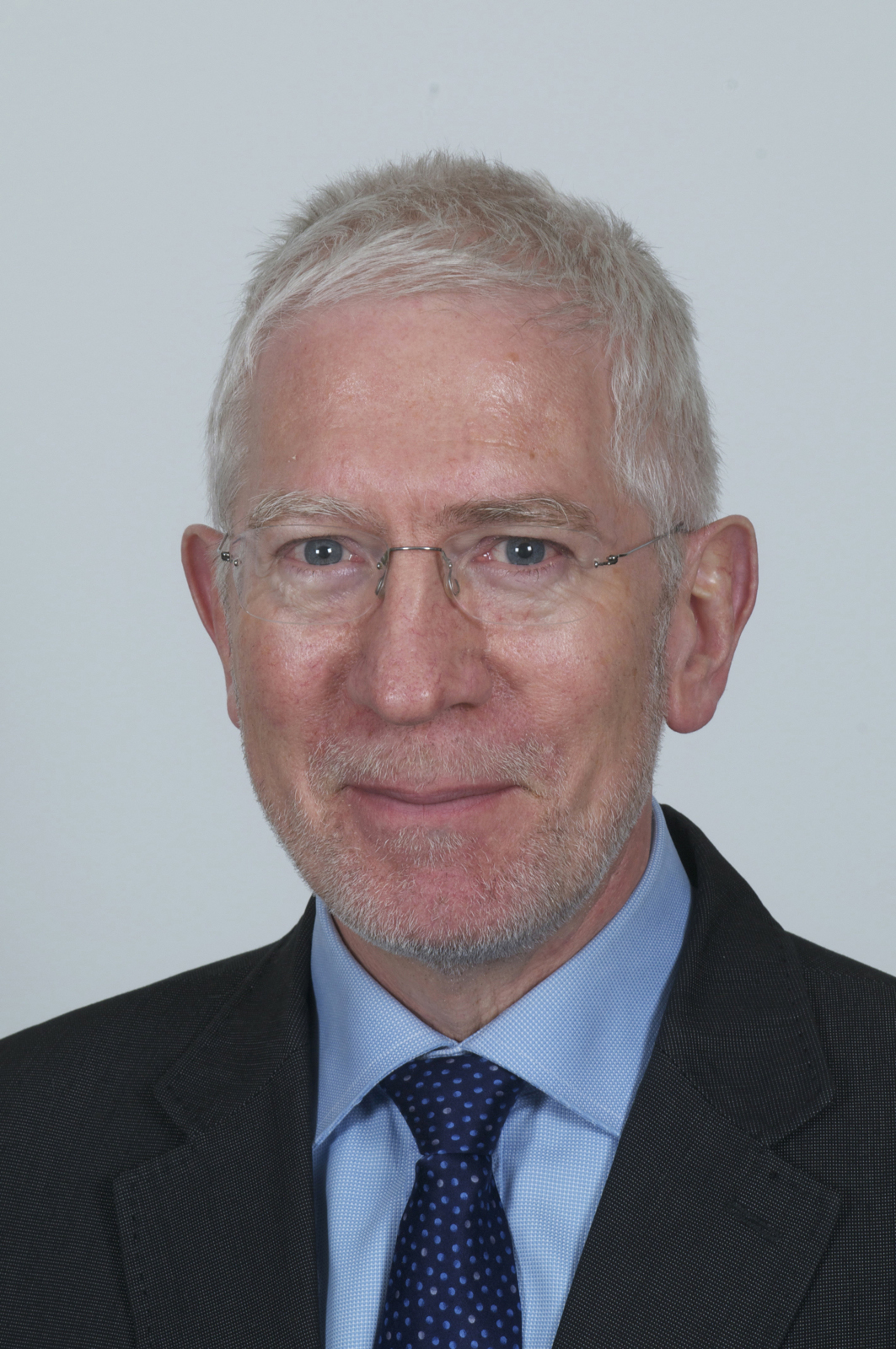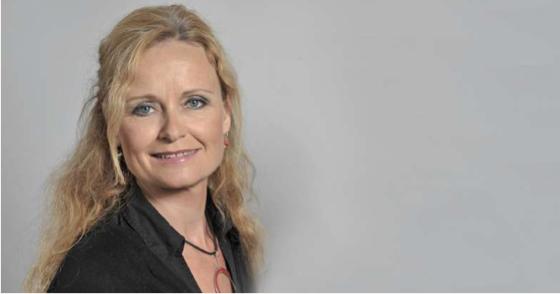UiO says no to gender points for men
"After a thorough discussion and consultation round, we have concluded that UiO will not introduce the use of two extra gender points for men," says Pro-Rector Inga Bostad. The decision will now be reported to the Ministry of Education and Research.
Should men receive extra points in the admission process, and thus jump the queue ahead of women with higher marks, just because they are men? This was the question that the University leadership had to decide. Supporters hoped that awarding two extra points to men would rectify the gender balance in subjects such as medicine, psychology and dentistry, where a growing number of men are out-competed by academically strong women in the admission process, and the faculties were concerned about the trend.
"It was dentistry and psychology in particular that wanted gender points. But the leadership at the University of Oslo (UiO) wanted a fundamental approach to the use of this measure, and now we have determined that gender points are not for us. Instead, we need to think of other measures for recruiting men to those subject areas," says Bostad.
A working group from the Faculties of Social Sciences, Medicine and Dentistry supported a measure that would give gender points to men who applied to their faculties. The group’s report was circulated for review and now the case is clear.
"Most of the units that gave input on the report did not support the use of gender points, and this was also the leadership's final position in the case," explains Bostad.
Legal difficulties with gender points
The background for the case is that only 20 percent of applicants to professional studies in psychology in spring 2012 were men, and the number of male applicants to that study programme is declining. Women comprise 70 percent of the new students in dentistry and 60 percent of the new students in medicine.
"There have been many different opinions in this case and a wide-ranging debate. We are not finished discussing how we can improve the gender balance, and it is possible that we need to think more creatively than we do today," says Bostad.
She emphasizes that the legal aspect is not unimportant either. Previously, when UiO earmarked positions for women, they lost the case with the EFTA Surveillance Authority. Bostad can imagine something similar happening here.
"When gender points for men were introduced in Sweden, the women who were passed by brought their case to court. Qualification requirements are extremely important in academia, and when we apply gender quotas, we do so in moderation: that is, when the candidates’ qualifications are equal, we can give priority to the underrepresented gender," says Bostad.
She also says that gender points have been discussed in the University's coordination group for gender equality, at deans’ meetings and among the leadership. Everyone strongly agrees to work in a targeted manner to achieve gender balance, but in ways other than giving extra points to men in the admission process.
"This has to do mainly with what comes before the admission process – in other words, the motivation of the applicants. Awarding gender points can easily be seen as if we are only fixing the problem after the fact," says Bostad.
She says the leadership understands that some people could find it problematic that study programmes and future workplaces are dominated by one gender.
"The University of Oslo plans to reverse this trend in those subjects where it is relevant. As we see it, however, the use of gender points is not the right solution. We will focus instead on developing long-term recruitment measures."
But not everyone agrees with the UiO leadership.
The psychologists are waiting
One person who has been very supportive of gender points for men is Kjetil Sundet, the chair of the Department of Psychology. He believes that everyone has a right to choose whether to see a male or female psychologist if they have a psychological problem, and that it would be easier for men in particular to go to another man.

In response to Bostad’s conclusion, he briefly states:
"We don’t view this case as final. We have not been informed that gender points have been rejected, and we remain motivated to continue working with this case."
This week the staff of psychology will meet to discuss the case.
"We don't know yet what we in psychology will conclude, whether we will take the matter to the media or to our labour union, or whether we will accept the leadership's conclusion and the other proposals to improve the gender balance," says Sundet.
Always been more men
Bostad points out that up until now there has never been talk of giving gender points to women in subjects where they are in the minority at UiO. In these subjects the focus has been on motivation instead.
With a bit of frustration, Bostad concludes:
"For hundreds of years men have been in the majority in all subject areas without this being viewed as a problem. There are also a number of subjects where women today are in the vast majority without this being discussed as a huge problem. We must understand that prestige, money and power are part of the picture here, and the subjects now being discussed have traditionally had a certain amount of prestige," she says.
She does agree, however, that if one gender comprises less than 10 percent of a study programme, this will have a negative effect on the learning environment for everyone.
"We need to sit down together and find out which measures can be used to motivate and recruit both women and men to dentistry, psychology and medicine. It is not an acute problem that 70 to 80 percent of the psychologists and dentists in Norway are women. But we will follow the trend closely and focus on developing more diverse role models. We are confident that more active recruitment will improve the gender balance," says Bostad.
Translated by Connie Stultz.
On 23 August 2011, the Faculties of Social Sciences, Medicine and Dentistry appointed a working group to evaluate the use of measures to improve the gender balance in professional studies.
The report on the use of additional points for the underrepresented gender in admissions to professional studies in medicine, dentistry and psychology at the University of Oslo was circulated for review with a deadline of 1 March 2012.
The leadership of UiO has now rejected the proposal for gender points and informed the Ministry of Education and Research of its decision.
